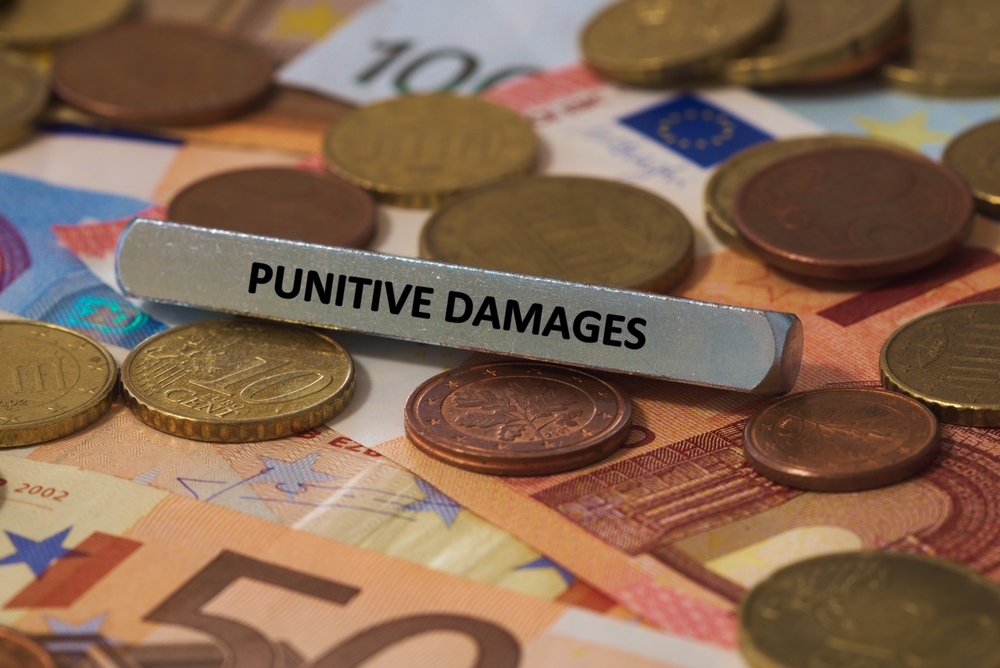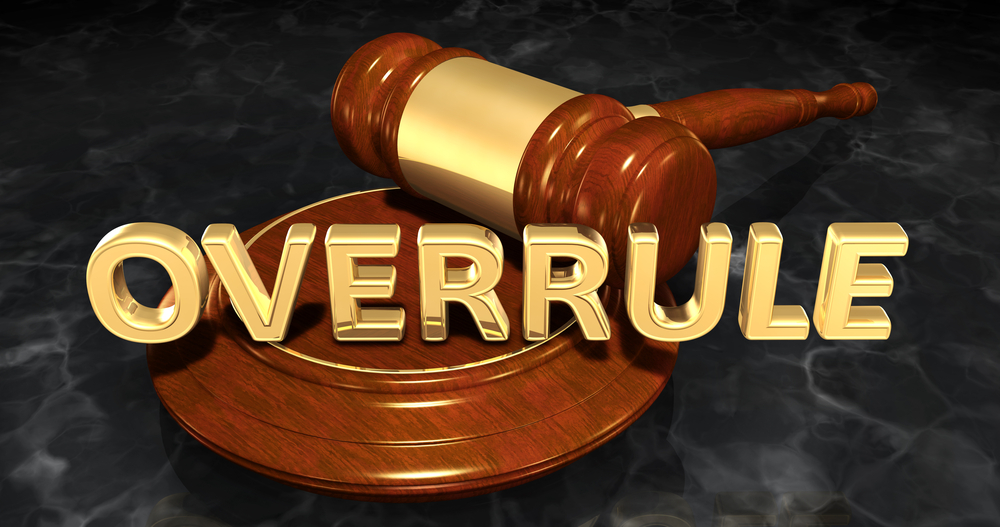Business Judgment Rule Designed to Shield Directors from Personal Liability
A recent case out of Florida’s Third District discussed the business judgment rule and ultra vires acts. Of importance, the Third District held that the business judgment rule was not required to be raised as an affirmative defense. Hence, the business judgment rule could be relied on notwithstanding a board/manager/director not raising it as an affirmative defense in a lawsuit asserted against them. The business judgment rule is a critical rule for anyone serving on a board to appreciate because it is designed to benefit them, i.e., to shield them for personal liability for their decisions. Without such a rule, who...
Continue reading










